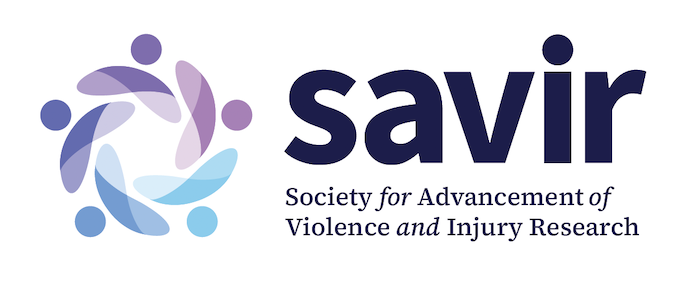Complete Story
04/01/2020
Terri deRoon-Cassini, MS, PhD
Co-Chair, Council of Centers
Dr. Terri deRoon-Cassini is an Associate Professor in the Division of Trauma & Acute Care Surgery, in the Department of Surgery at the Medical College of Wisconsin, in Milwaukee, Wisconsin. She is the Executive Director of the Comprehensive Injury Center at MCW, which is focused on violence, suicide, and non-intentional injury prevention locally and statewide, with a focus on programming, research, and policy. She also co-directs the gun violence prevention program (414LIFE) at the adult Level 1 trauma center, Froedtert Hospital. She holds appointments in the Department of Psychiatry, Institute for Health and Equity, and is a member of the Neuroscience Research Center. Terri is also a co-Founder of the Milwaukee Trauma Outcomes Project, a research collaborative to investigate outcomes after trauma.
Clinically Dr. deRoon-Cassini is a Licensed Psychologist and started the Trauma & Health Psychology Service for the level 1 trauma center at Froedtert Hospital. She provides inpatient care to trauma survivors who have been injured and has an outpatient behavioral health clinic for patient experiences traumatic stress and other outcomes after trauma. She is also a member of the trauma quality of life clinic, which is a multidisciplinary clinic providing integrative care for survivors of gun violence.
Her research interest centers around documenting psychological, quality of life and resilience outcomes after injury and detecting acute risk for poor outcomes, as well as identifying psychosocial and neurobiological targets for early intervention to prevent distress and PTSD after trauma. She is also interested in developing early interventions that are applicable to the trauma center environment. She has received research funding from the CDC and NIH, as well as internal funding mechanisms from the Medical College of Wisconsin, including the Clinical and Translational Science Institute. Most recently, she has received funding to understand the impact that socioenvironmental stress, including chronic neighborhood violence and experiences of discrimination, has on creating a biologic vulnerability to traumatic injury that leads to poor outcomes.




